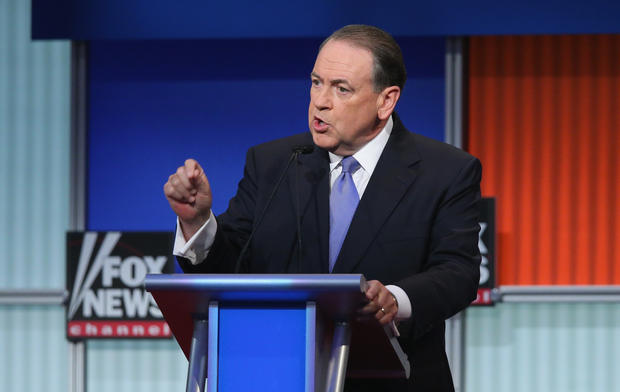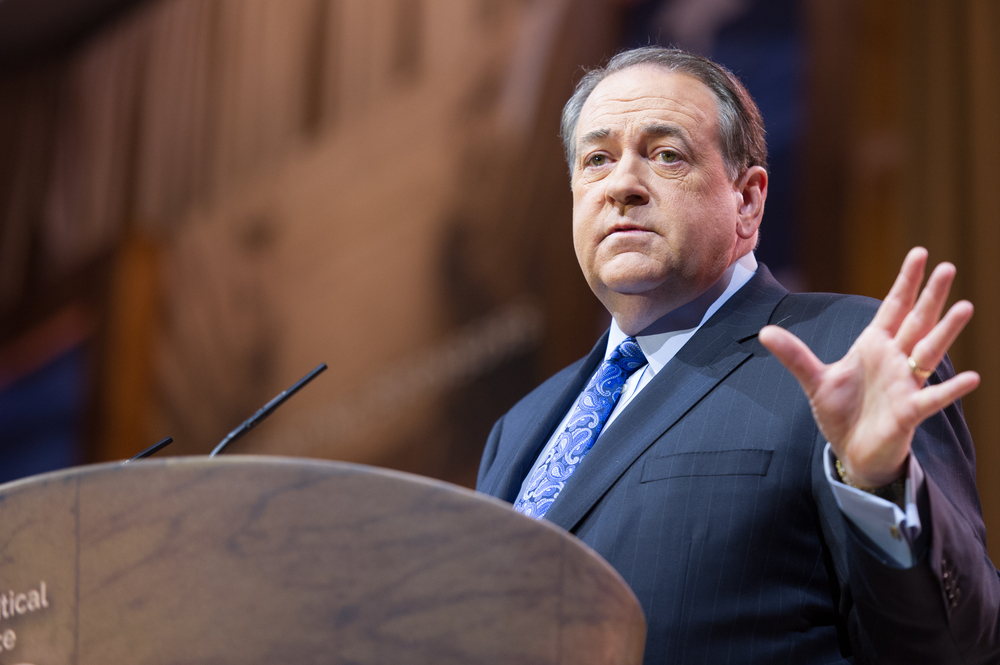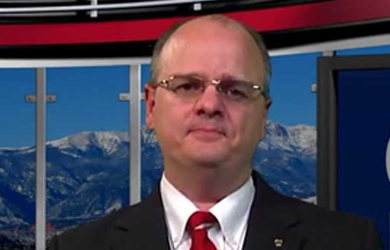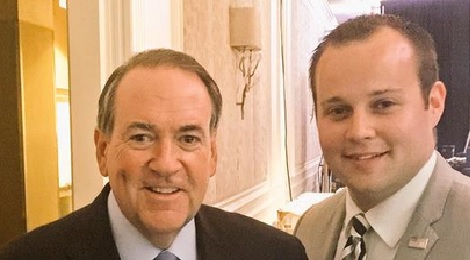As we have noted several times before, Mike Huckabee’s primary campaign strategy to date has been focused almost exclusively on wooing evangelical voters – a strategy that paid off handsomely in Iowa:
Religion played a huge role in Mike Huckabee’s triumph in the Iowa Republican caucuses, though there are some mixed signals for him on the road ahead. On the Democratic side, it was fresh blood — and an outcry for change — that helped propel Barack Obama to his victory in the state.
Eight in 10 Huckabee supporters said they are born again or evangelical Christians, according to an entrance poll for The Associated Press and television networks. Another six in 10 said it was very important to share their candidate’s religious beliefs. In both categories, none of the former Arkansas governor’s opponents came close to that kind of support.
While it seems obvious to most that Huckabee’s success can be directly attributed to his ability to convince Religious Right voters that he is one of them, Janice Shaw Crouse of Concerned Women for America doesn’t see it that way. In fact, she rejects that notion all together and instead sees Huckabee’s Iowa victory as evidence of his ability to overcome anti-Evangelical bias among participants in the Republican caucus:
While 46 percent of Evangelicals voted for Huckabee, more than half of them (54 percent) split their vote among the four other candidates (Romney, McCain, Thompson and Paul).
…
Huckabee had to overcome extraordinary anti-Evangelical bias. The message of Iowa is that anti-Evangelical bias was extraordinary and overwhelming. Eighty-seven percent of non-Evangelicals voted against Huckabee, whereas only 66 percent of all Iowa Republicans voted against him — an astounding 21 percent gap. [Exit polls] shows that among those who self-identified as non-Evangelicals, Huckabee finished 4th (behind Romney, Thompson and McCain). It is significant that Huckabee got only 14% of non-Evangelical votes, while Romney got 19% of the Evangelical vote.
Huckabee was too busy running as a “Christian Leader” to make much of an effort to court non-evangelicals, so his limited support among that group is not surprising and certainly isn’t evidence of any sort of “anti-Evangelical bias.”
By comparison, Huckabee won the support of a plurality (36%) of self-identified Republicans in Iowa, but only 17% of independents. According to Crouse’s logic, Huckabee must have also somehow managed to overcome extraordinary anti-Republican bias as well.








